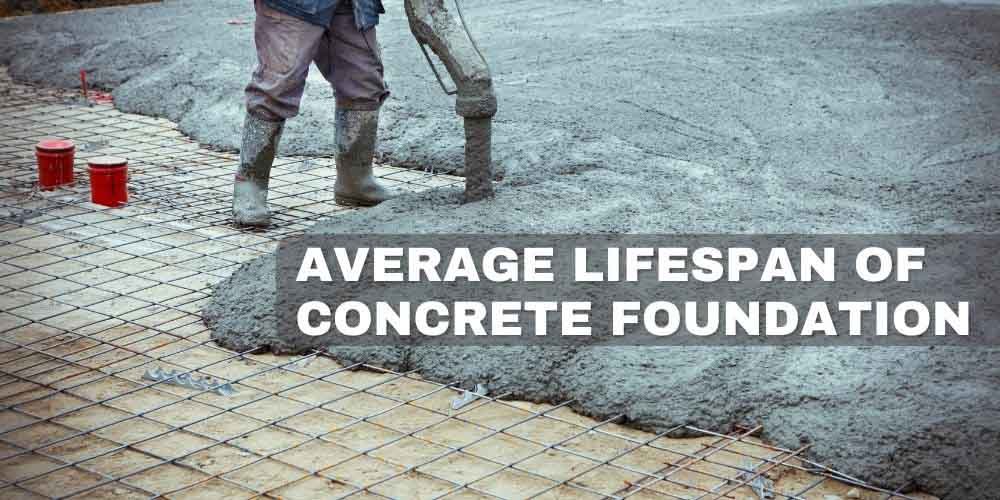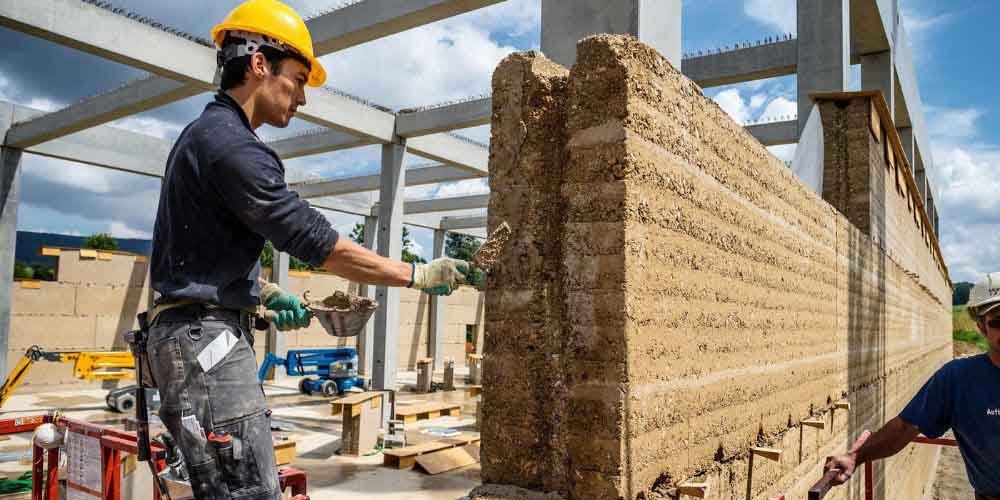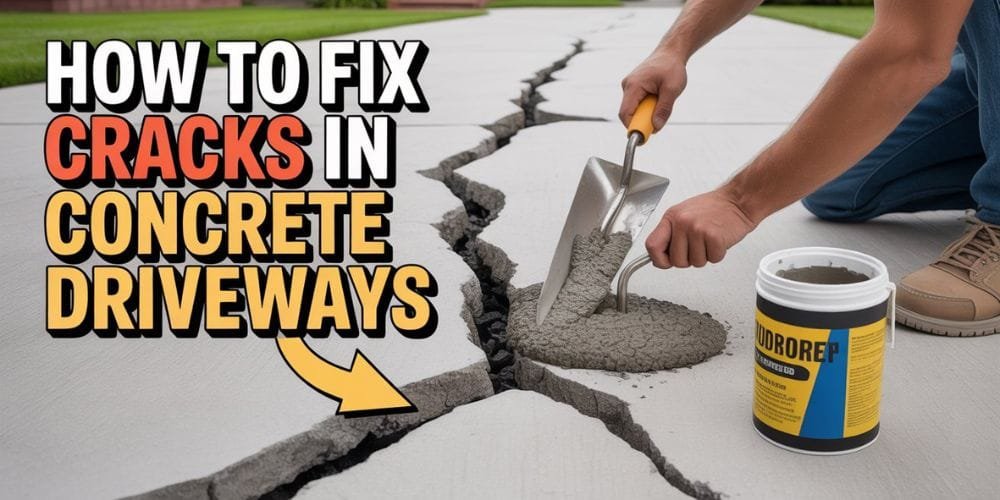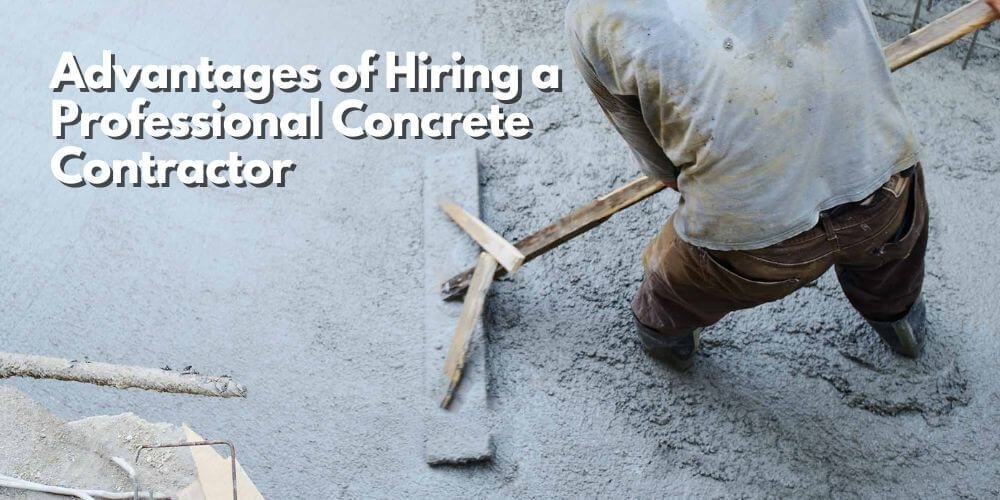The average lifespan of a concrete foundation varies but typically lasts between 70 to 120 years. This wide gap is due to variations in environmental conditions, construction methods, and the level of maintenance the foundation has received over the years. Factors such as soil type, weather conditions, extreme temperatures, heavy rainfall, and the quality of waterproofing concrete materials play crucial roles in determining the longevity of a concrete foundation.
Why Do Houses Need A Strong Foundation?
A strong concrete foundation is critical for buildings because it ensures structural integrity by evenly distributing its weight, preventing settling movement, and offering stability. A well-built foundation guards against environmental factors such as soil shifting, moisture intrusion, and seismic activity. Furthermore, it plays a vital role in concrete maintaining the home’s structural integrity and keeping out moisture, often leading to mold and wood rot. Without a robust foundation, a house is susceptible to many structural problems.
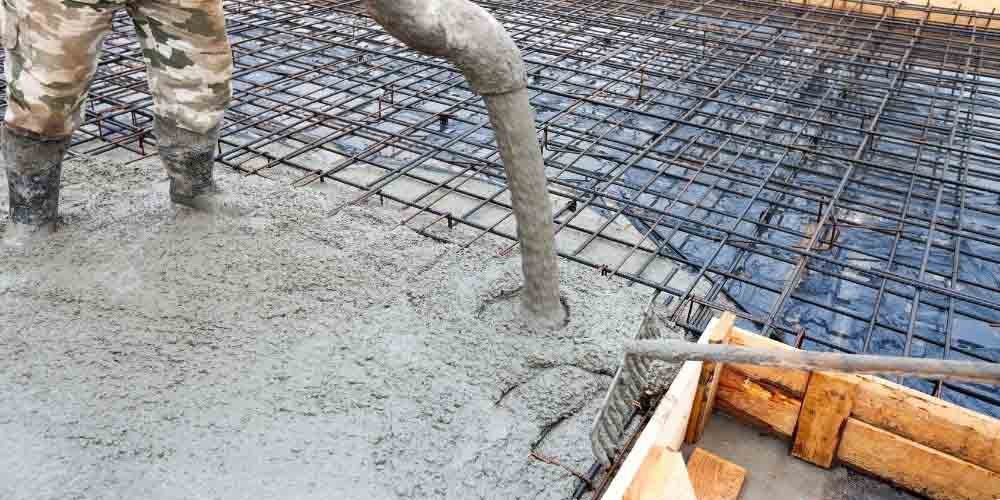
How to Extend Concrete Foundation’s Lifespan
Concrete maintains a building’s structural integrity; its primary function is to extend the lifespan of the foundation. The five key factors listed below delve deeper. Each explains how to keep rebar away from the soil, use high-quality concrete for better durability, ensure correct water drainage to avoid moisture damage, design an accessible crawl space for added support and moisture control, and employ waterproofing concrete materials to resist environmental wear.
1. Keep rebar away from the soil:
Rebar, or reinforcing steel, strengthens concrete. Still, it is prone to corrosion due to moisture and varying soil compositions when it comes in contact with the ground. Corrosion of rebar weakens the structural integrity of the concrete, leading to cracks and compromised strength. A protective layer or barrier is often used to separate rebar from direct soil contact.
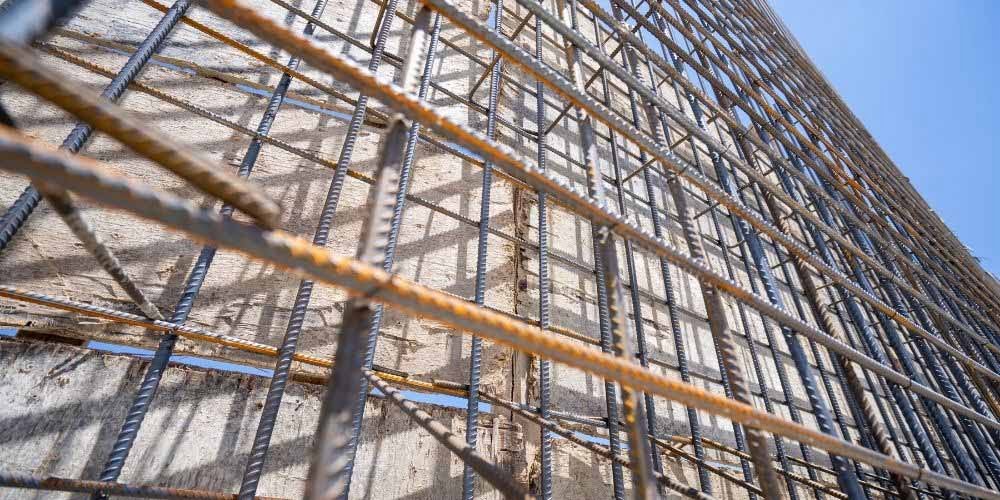
2. Use quality concrete:
High-quality concrete is more resistant to environmental stressors such as moisture, temperature changes, and chemical reactions, which cause deterioration over time. It typically has a higher strength rating and better durability, meaning it can withstand more pressure and wear without cracking or crumbling. Using concrete with the right mixture of materials, proper consistency, and additives tailored to the area’s specific environmental conditions will significantly enhance the foundation’s resilience and longevity.
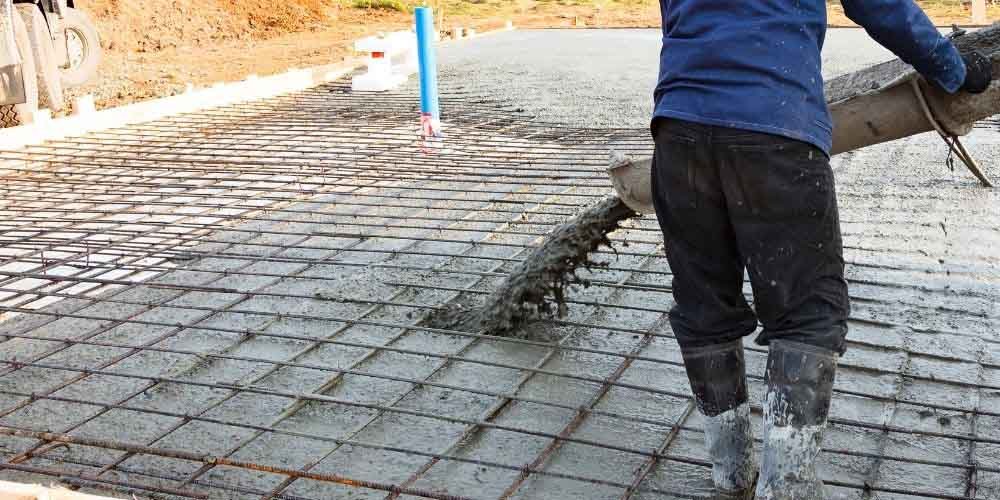
3. Keep water away from concrete:
Water can easily seep into a concrete foundation, causing erosion, cracks, and other forms of damage, especially in colder climates. Proper drainage systems around the foundation are essential to channel water away from the structure. That can include grading the surrounding land for directional water flow, installing gutters and downspouts to manage roof runoff, and using waterproofing concrete membranes to prevent moisture penetration. Regularly inspecting for leaks and proper drainage maintenance will significantly reduce the risk of water-related damage to the foundation.
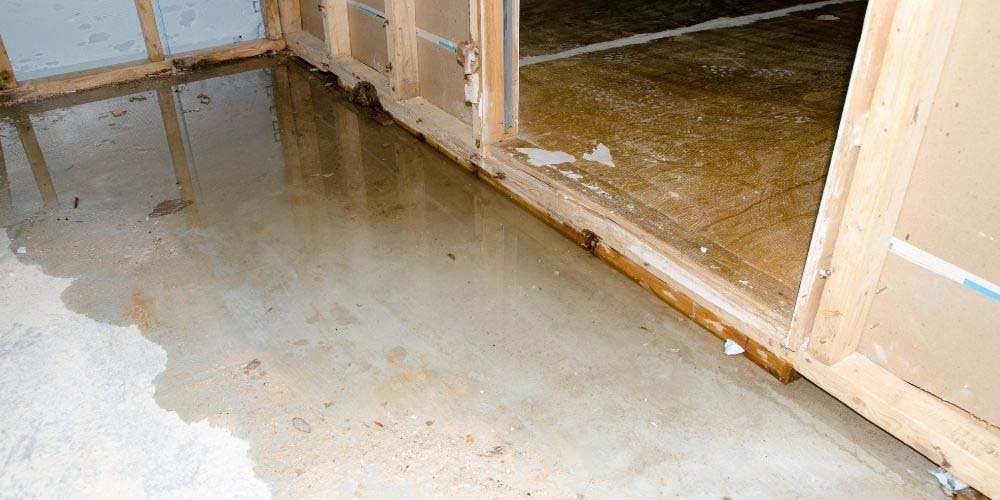
4. Use crawl space for a strong foundation:
A well-designed crawl space allows for adequate ventilation, reducing the potential for moisture buildup, which can lead to mold growth and wood rot. It also provides accessible space for installing insulation, which enhances the home’s energy efficiency. Ensuring the crawl space is properly sealed and maintained will prevent pests and moisture-related issues, thus protecting the concrete foundation from damage.
5. Use weatherproof material:
Weatherproofing concrete materials are designed to withstand various environmental conditions, such as heavy rainfall, prolonged exposure to sunlight, and extreme temperatures. They help prevent common issues like cracking, spalling, and erosion, often weakening the home’s foundation over time. Weather-resistant additives in concrete, waterproofing concrete sealants, and coatings that repel water and resist freeze-thaw cycles are effective ways to shield the foundation from weather-related damage, extending its lifespan.
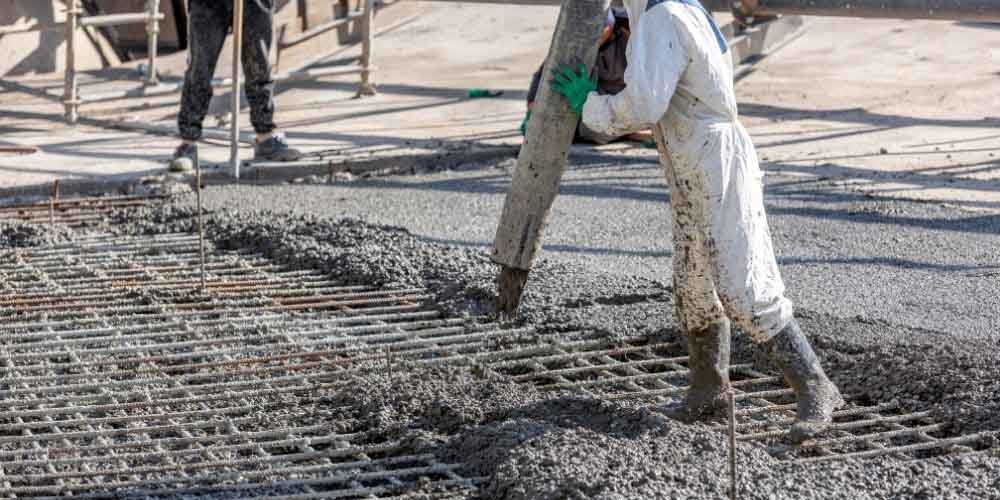
How to Choose the Right Concrete Foundation Concrete For a Long Lifespan?
Selecting the appropriate concrete foundation for a long lifespan involves several considerations. Firstly, understand your location’s soil type and environmental conditions, as these factors dictate the foundation’s requirements. Opt for a concrete foundation that suits the soil’s stability and moisture levels. Secondly, consider the structure’s weight and design requirements, ensuring the foundation adequately supports these loads. Lastly, consult with experienced professionals, like Rocking S Concrete Contractor, who will provide friendly and expert advice and use the latest technology and quality materials, ensuring a durable and long-lasting foundation.

